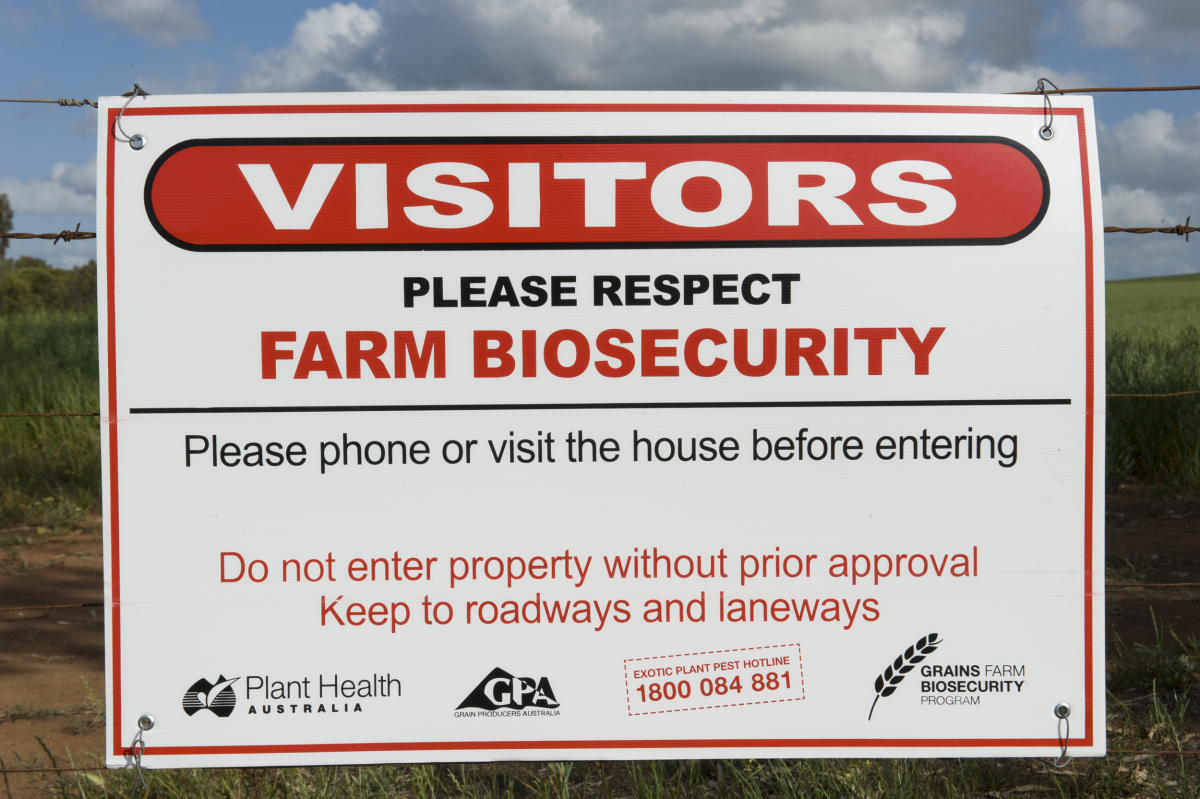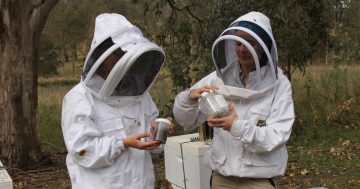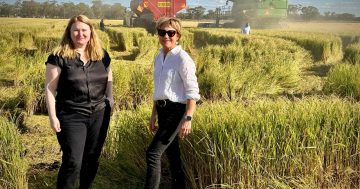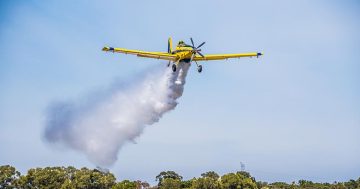
Over the past six years there have been several incursions of high-impact pests and diseases including the Queensland fruit fly, polyphagous shot-hole borer, tomato potato psyllid, khapra beetle, brown marmorated stink bug and imported red fire ants. Photo: WA Government.
Land for a new State Biosecurity Response Centre has been secured by the WA Government, as part of its emergency management of priority pest and disease threats.
The Department of Primary Industries and Regional Development (DPIRD) will spend $83 million on fitting out the centre with critical biosecurity functions. This spend will also include diagnostics and laboratory infrastructure for accommodating DPIRD’s services, which were disrupted due to asbestos management and restricted access at the department’s South Perth site.
Instead of the originally planned fit-for-purpose facility at Murdoch University, the WA Government has identified suitable metropolitan locations that are expected to be operational within months.
Agriculture and Food Minister Jackie Jarvis said the State Biosecurity Response Centre would employ over 200 staff and have a dedicated Emergency Management Local Control Centre.
“The ongoing management and maintenance of facilities at DPIRD’s South Perth site is no longer feasible and we have acted quickly to provide suitable alternative sites for critical biosecurity operations,” she said.
“Providing a safe and functional workplace for our scientists and biosecurity response staff is a priority and we will continue to do everything we can to get these facilities up and running.”
The State Budget has invested $320 million into this scientific base for DPIRD, which is part of a “strong” collaboration with Murdoch University to minimise threats such as the polyphagous shot-hole borer.
In its last annual report, the Biosecurity Council of WA (BCWA) claims the state has been in a biosecurity emergency since 2017. Between 2011 and 2014 there were six biosecurity incidents compared to over 20 from 2015 to 2022.
While many of these were successfully managed, the recovery for affected producers can be time-consuming and costly.
Western Australia contributes significant resources, nationally and internationally, towards preparedness for emerging threats such as foot and mouth disease, lumpy skin disease, myrtle rust and the varroa mite.
BCWA acknowledges that the changing biosecurity risk is not an isolated problem for the state.
A report by the CSIRO highlights an increasing number of incursions from pests, weeds and diseases into Australia from overseas – along with added complexities. These challenges include:
- The rapid expansion of international and domestic travel and trade
- Limited availability of financial and human resources
- Climate change
- Building the social licence to support biosecurity actions
- The introduction, integration and unintended impacts of new technologies
- Changing land use; and
- Declining ecological resilience.
The BCWA report says that “with collaboration, cooperation, communication, and contribution across industry, community and government, the biosecurity of WA can be strengthened and maintained into the future”.





